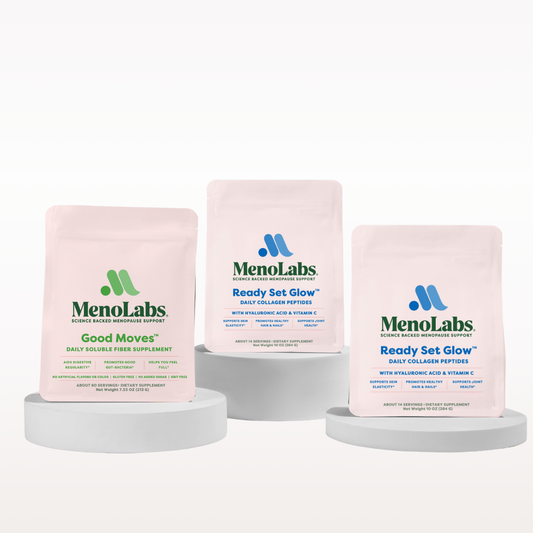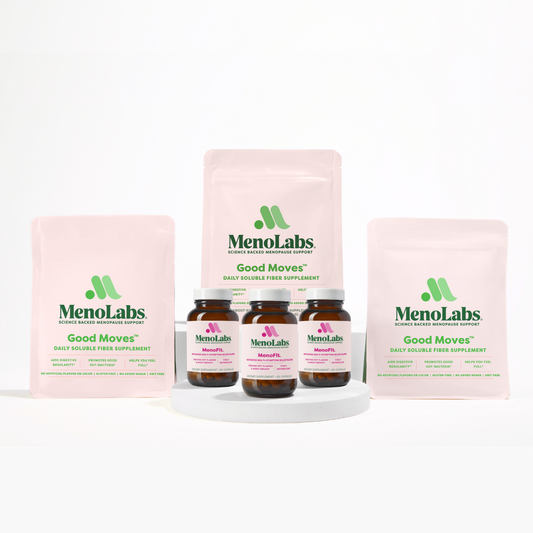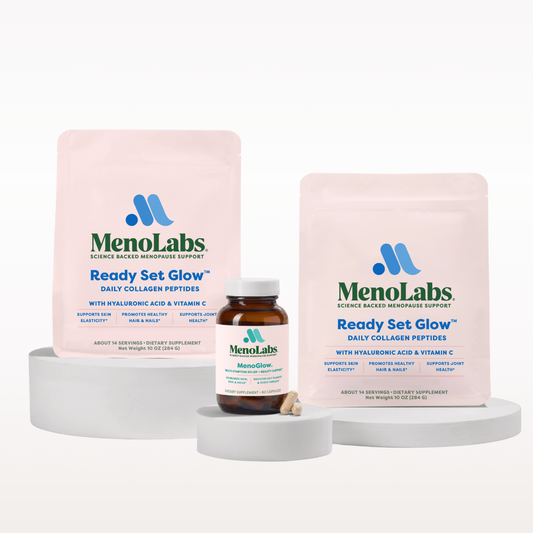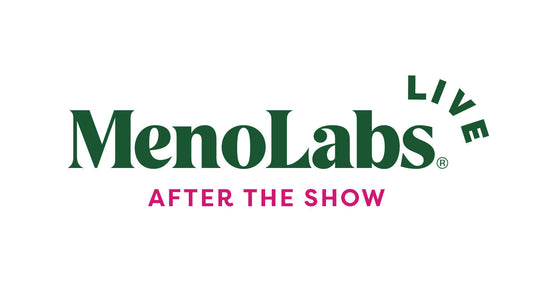
- Health
- Immune Health
Is Your Calcium Supplement Increasing your Risk of Stroke?
Women of menopausal age are advised to take calcium supplements as a way to prevent osteoporosis, a condition that causes bones to lose density and increase the risk of fractures.
1 min read
Women of menopausal age are often advised to take calcium supplements as a way to prevent osteoporosis, a condition that causes bones to lose density and increase the risk of fractures. However, taking calcium alone may not be enough to support bone health. In fact, one study suggested that calcium supplements increased risk of heart attack or stroke.
A 2020 study suggested that subjects who took calcium supplements had a 30% increased risk of cardiovascular disease. Though there has been some debate about this study in light of previous studies with different results and there is no definitive research about the amount of supplemented calcium that would lead to cardiovascular issues, there is some logic to the idea that calcium supplements might lead to negative cardiovascular outcomes — calcium deposits can lead to a stiffening of the arteries and the development of plaque on them.
What Can Calcium Do?
When calcium builds up along the lining of the arterial walls of the heart, this can cause something called coronary artery calcification (CAC). When this buildup of calcium occurs, it causes the blood vessels to become narrow; this creates pressure and puts a strain on the heart, which can increase the risk of heart diseases like high blood pressure, cardiac arrest, and stroke. 67% of women over 70 have CAC. While estrogen offers some protection from CAC, after menopause, that protection wanes.
So, what can you do to reduce the risk of CAC? One step might be to look for calcium from sources besides calcium supplements.
In a 2017 study published in the International Journal of Endocrinology, researchers observed the relationship between Vitamin D and Vitamin K and their combined impact on cardiovascular and bone health. They found that when taken together, Vitamin D and Vitamin K can improve calcium deposition to the bones and cardiovascular health.
What is Vitamin D?
Vitamin D is made by the human body when UV light enters the skin and interacts with cholesterol. Most people in North America become Vitamin D deficient in the winter without getting it either through diet or through taking a supplement.
Vitamin D can be found in a variety of sources, including dairy products (milk and cheese), and fish (cod, trout, salmon).
What is Vitamin K?
Vitamin K can be found in multiple systems throughout the body, particularly the liver, pancreas, brain, heart, and bones. It not only helps with calcium deposition, but it also plays an essential role in regulating blood clotting. Vitamin K deficiency is fairly rare, but as we age, it may become difficult for our bodies to produce Vitamin K as efficiently.
Luckily, vegetables are an excellent source of Vitamin K, especially leafy greens. Kale, collard greens, spinach, and so on can give you well over 100% of your daily value per serving. Of course, for those with Vitamin K deficiencies or individuals who don't consume enough Vitamin K from food alone, supplements are a viable option to combat this problem.
How Can This Benefit Women in Menopause?
Women in menopause are at higher risk of developing cardiovascular diseases and osteoporosis than younger women. Some evidence has shown that drops in estrogen can affect receptors in other parts of the body like the bones and the heart, making it more difficult for those systems to regulate themselves as efficiently.
Cardiovascular disease is the cause of one out of every three deaths of women in America. Heart attacks increase exponentially in women overall ten years after menopause. At the same time, some research shows that one out of every two menopausal women will experience osteoperosis. By having a healthy intake of both Vitamin D and Vitamin K, women in menopause can prevent severe loss of bone density and reduce the risk of CAC.
If you're a menopausal woman suffering from calcium deficiency or osteoporosis, and you take a calcium supplement, ask your doctor if you are at risk of arterial calcification. Discuss what measures you can take to address your health concerns and improve your health overall.
Related Products
Blend Besties Bundle
Fresh Start Bundle
4.7 / 5.0
(553) 553 total reviews











